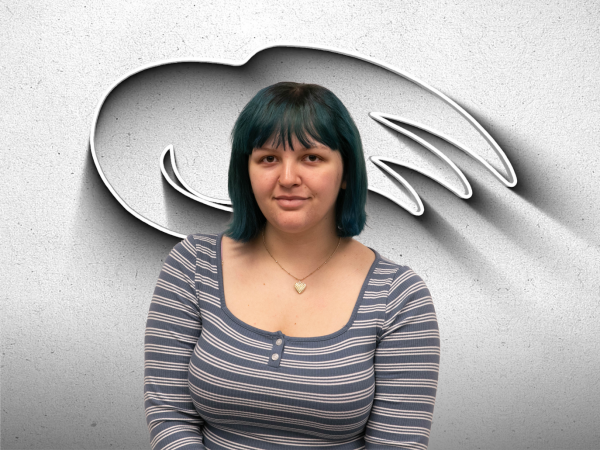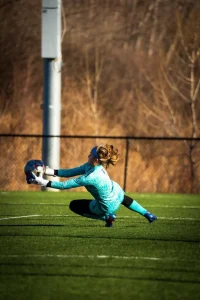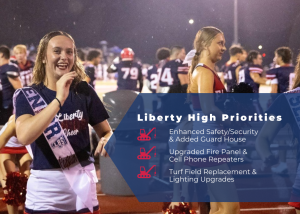What Does it Mean to be a Firefighter?
Jordan Porter and Bob Luzynski from Wentzville Fire Department talk about their jobs as first responders
Kieran Howsare and Kylie Brennan
December 19, 2022
Take a minute to imagine a firefighter. Did you see them putting a fire out? Or maybe it was them in uniform or their truck. Either way, we really only think of firemen as people who only put out fires, yet that is not entirely the case.
Jordan Porter, a fireman for about 10 years now for the Wentzville Fire Protection District, goes into detail about what they are trained to do beyond just fires.
“We could get calls for almost anything: water rescues, trench rescue, high angle rescue, obviously fires, car crashes. Here in Wentzville where we live, it is very unique because we are at an intersection at two of the most major highways (Interstates 70 and 64) in the United States. We train in almost anything, almost on a monthly basis to kind of mitigate any call that we come across. From a cat, to a tree, to a duck in the sewer all the way to like multiple house fires at once.”
A fireman’s schedule is definitely different from your typical 9 to 5 job. You have two days on and four days off. These long 48 hours together means that going into that field you have to have good people skills, you have to be able to communicate with the people around you.
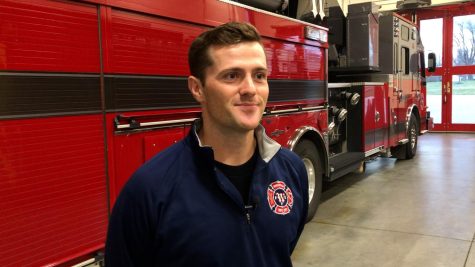
If they ever have a personal issue, it is almost an unspoken rule that you figure it out right then. When the calls go off those problems are left behind, they drop what they are doing and whatever issues they have and do the job.
As far as a daily routine for their shifts, they start by making relief with the guys from the previous shift. During that time they talk about any problems they had with the truck, check to make sure there is gas and that the nozzle is in the truck. Once their shift begins, they check to see if there is any training during their 48 hours, eating breakfast together and dinner. After around 5 p.m., the work schedule is pretty much over and they have the free time to hang out, watch a ballgame, among other things.
“You are always at mercy of the tones when they go off,” Porter said. “When the tones go off, you pretty much drop whatever it is you are doing and you go and run that call to the best of your ability.”
Their station runs around 10-12 calls a day, this amount of calls is because of their location. The Wentzville Fire Department is right by two major highways where car crashes are common.
Being a first responder is a high stress job, having to make decisions under stress is not something that most people can do. This however is something that Porter feels isn’t the case after being a firefighter for so long.
“You learn to kind of like not get stressed out about that kind of stuff,” Porter said. “Never let the calls stress you out. The biggest stress I ever get is like trying to lay down without my socks on or something like that. I don’t really get stressed out in terms of emergency situations.”
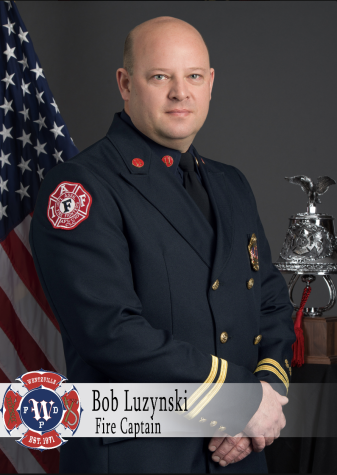
Staying calm during emergencies is a huge part of doing that job to the best of their abilities. No matter the situation, these firemen are there when called and are doing their best to help people on what very well could be one of their worst days.
Fire captain Bob Luzynski says the best part of his job is helping people.
“You go to someone’s worst day and you get to make a difference,” Luzynski said. “Just yesterday, we had a code, somebody had a heart attack. They were not living when we got there. When we left, he was living. That is amazing.”
Luzynski has been a professional fireman for 18 years and volunteering for five years. Although there are good parts and endings, there are bad parts of the job (as in other jobs as well). Porter mentions that the worst part of the job is between missing family memories or walking into something where he tries his best but the outcome wasn’t what he wanted.
First responders, like Porter and Luzynski, run right into dangerous situations in order to help others. It is people like this that make the world a safer place to be in. Firemen are trained to handle almost every situation they encounter, and they do it to the best of their ability every single time.



